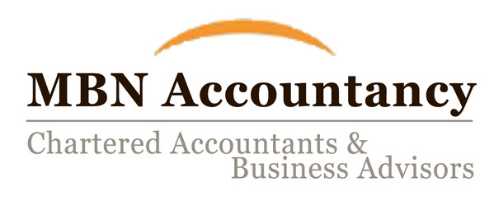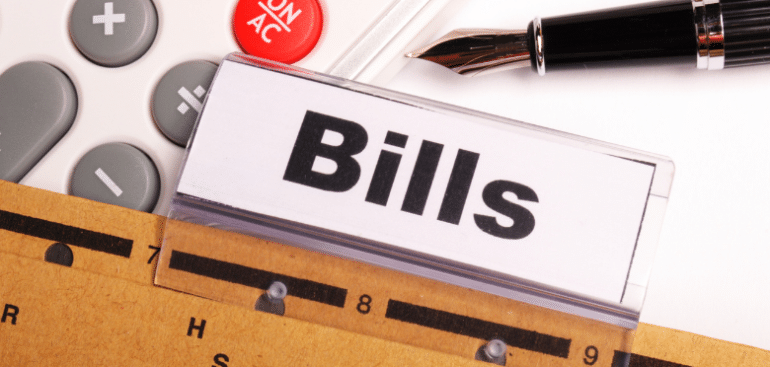Working from home during the Coronavirus pandemic created a range of tax issues, not least where private bills, such as for internet usage, were paid for by the company. The tax and NIC implications are different depending on who pays for the item or service and how the payment is made. The first point to consider is in whose name is the contract – the employee, or the employer.
Employee’s name
- Where the employer indirectly pays a bill that is in the employee’s name by giving them the cash with which to pay (or reimburse if already paid), then PAYE is operated as normal as the employer is paying cash earnings to the employee. The employee has made the contract but it is the employer who has provided the money, so Class 1 NIC for both employee and employer is chargeable.
- Should the contract/ purchase be in the employee’s name but the employer pays the bill direct, then the employer would have discharged the employee’s debt. The employer is required to apply NICs as if the employee had been paid in cash as the employer is making a payment which is remuneration or profit derived from the employment made for the benefit of the employee. The amount is included in gross pay for NIC. However, the approach for income tax purposes is that tax cannot physically be deducted from a payment that has been made to a third party and, instead, the payment needs to be recognised as a taxable benefit-in-kind on the employee’s Form P11D section B (Pecuniary Liability) for the tax year. Class 1 NIC is accounted for in the tax month that the bill is paid on the employee’s behalf. The end result, however, is the same as if the employee had been paid in cash such that the employee pays both income tax and primary NICs, and the company pays employers’ NICs on the same amount.
Employer’s name
If the employer makes the contract, then it is a company expense and probably a benefit-in-kind assessable on the employee as the employer is providing a free service in kind. The cost is reported on the employees form P11D and the employer is liable to Class 1A NIC on the value of the benefit. The key difference being that, as a benefit-in-kind, there is no exposure to employees’ NICs although Class 1 NIC is payable by the employer.
Directors
If the company owes the director money because the loan account is in credit, and the director requires the company to apply some of his or her funds to the settlement of a third party debt, then that payment does not arise out of the director’s employment, does not become earnings and as such is not liable to NIC.
For help with benefits in kind please contact us

